TABLE OF CONTENTS
What are the medical marijuana laws in Nevada? Are they different from the state’s recreational cannabis laws? How do you get a medical cannabis card in Nevada? Here, we answer your most frequently asked questions about the Silver State’s medical cannabis program.
Medical Marijuana Laws in Nevada: At a Glance
Nevada’s medical marijuana laws were approved in 1998. It took well over a decade before medical patients could enter a licensed dispensary and buy cannabis-infused products. Despite the setback, Nevada’s medical marijuana laws are a welcome change to the long-held cannabis prohibition.
Under the Nevada Medical Marijuana Act, you can get a medical marijuana card if you are 18 and older or have a parent caregiver if you are a minor.
Nevada’s medical marijuana laws are continually changing to improve the patient’s experience. Nevada recently made news by becoming the first state to institute protections for medical cannabis users from employment discrimination with some reasonable exceptions. That’s excellent news for the over 17,000 current active patients.
Medical Marijuana History in Las Vegas
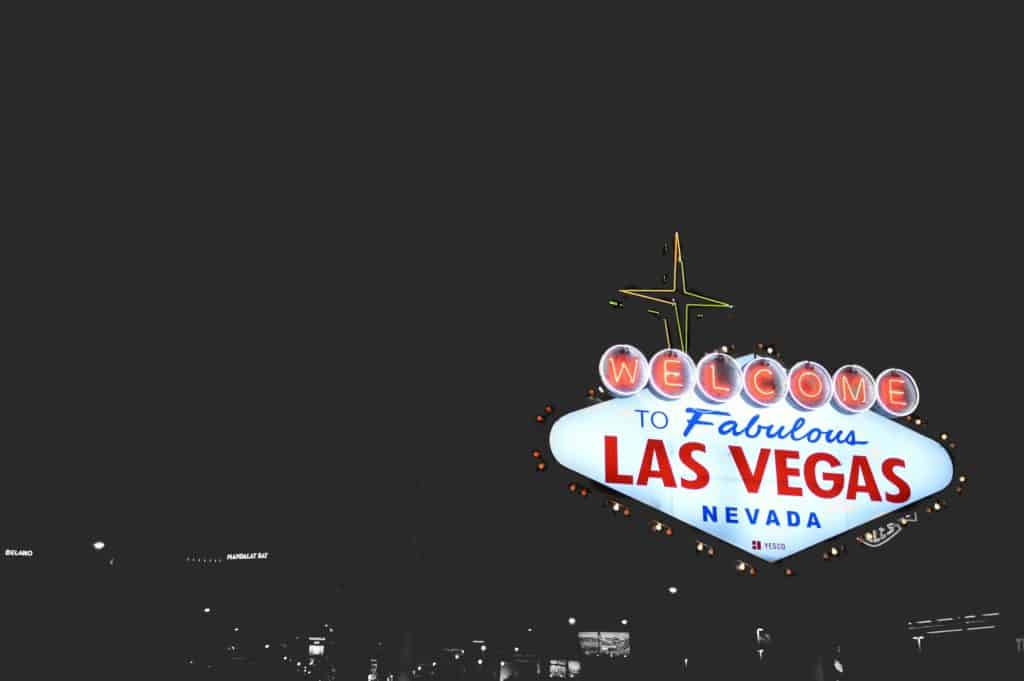
Nevada voters passed the Nevada Medical Marijuana Act in 1998 and then again in 2000 with a 65 percent majority vote. Under Nevada law, a constitutional amendment requires approval in consecutive elections.
The medical cannabis law went into effect in 2001 and allows Nevada residents with at least one of the qualifying conditions to grow and consume medical cannabis. Delays in the regulatory process pushed commercial sales back until 2013 when Governor Brian Sandoval approved Senate Bill 374. Nevada's first medical cannabis dispensary opened in July 2018.
Cannabis was legalized on November 8, 2016, with a 54 percent majority vote. The law took effect the following year and allows adults 21 and older to buy and consume marijuana. The law also merged the medical and adult-use programs into one entity administered by the Nevada Department of Taxation. The Division of Public and Behavioral Health manages the Medical Marijuana Patient Cardholder Registry.
How to Apply for a Medical Card
Nevada’s medical marijuana act created a medical marijuana registry for qualifying patients. If you want to qualify to participate in the medical program, you must first receive a medical marijuana recommendation from a licensed medical marijuana doctor on-site or online. They’ll look over your medical history to check if any of your medical conditions can be alleviated with cannabis.
You can apply for a medical marijuana card online or by mail. To apply online, visit the Nevada Department of Health and Human Services website.
Applying by Mail
You can also request an application form in writing or send your printed and completed application with all the required documentation and fees via mail, email, or fax to:
Nevada Division of Public and Behavioral Health
Attn: Medical Marijuana Division
4150 Technology Way, Suite 101
Carson City, Nevada 89706
[email protected]
Fax: 775-684-3213
Applying Online
If you want to apply online, you’ll need to create an online account for the medical marijuana program. Once you have an account, you can complete the appropriate application. There’s a specific one for minors.
If applicable, note your primary caregiver’s information on the form. Scan your driver’s license or another form of valid photo ID to prove that you’re a Nevada resident. Finally, you’ll pay the application cost: $50 for one year of $100 for two years.
You will receive a letter of approval within 10 days. With the letter, you can purchase medical marijuana until your medical marijuana card arrives in the mail within two weeks after receiving the approval letter.
Benefits of Nevada's Medical Cannabis Program
Legal recreational cannabis sales in Nevada started in 2017. Despite being able to buy cannabis without a medical card, patients can benefit from applying for a medical cannabis card.
Nevada’s medical cannabis program offers an alternative way for many patients to find the relief they need while having many benefits, including:
- Higher possession limit: Medical cannabis patients can possess two and a half times more cannabis than recreational consumers
- No sales tax: Medical patients do not pay the cannabis sales tax that recreational consumers pay.
- Lower age requirement: Medical cannabis patients must be at least 18 years of age to get a medical cannabis card. Minors may obtain medical cannabis with the assistance of a legal parent or guardian as a caregiver
Qualifying Conditions for Medical Marijuana in Nevada
To receive a medical marijuana card, you must be diagnosed with a debilitating or chronic medical condition with symptoms that can be relieved with cannabis.
Many patients cite severe pain as a condition. A considerable number use cannabis for muscle spasms, the second most common qualifying condition. Patients can have more than one of the following qualifying conditions:
- Cachexia
- An Anxiety Disorder
- An autism spectrum disorder
- An autoimmune disorder
- Anorexia nervosa
- Dependence or addiction to opioids
- Persistent muscle spasms (including multiple sclerosis)
- Seizures (including epilepsy)
- HIV/AIDS
- Severe nausea or pain
- Cancer
- Glaucoma
- A neuropathic condition, whether or not such condition cause seizures
- Post-traumatic stress disorder (PTSD)
- Other chronic or debilitating conditions can be approved by the Nevada Division of Public and Behavioral Health
Purchasing, Possession, and Cultivation
Most marijuana dispensaries in Nevada are intended for patients, caregivers, and adults 21 and older, although there are some medical-only dispensaries in rural areas. Recreational-only dispensaries have also started applying for licenses.
Medical marijuana patients can purchase 2.5 oz of usable cannabis (including flower, edibles, concentrates, and topicals) per 14-day period with a valid medical card. Patients also avoid paying an excise tax for purchases. Medical patients are allowed to grow up to 12 marijuana plants in an enclosed, secure area, but only for the following reasons:
- There is no medical dispensary in the county you live in.
- You live more than 25 miles from a licensed dispensary.
- You are unable to travel due to your medical condition.
- Local dispensaries aren’t providing the specific strain of cannabis you need for treatment.
Consuming Cannabis
Public cannabis consumption is illegal in Nevada. If you want to smoke or vape, you will have to do it on private property, although property owners can prohibit consumption on their property. Cannabis consumption is also not allowed by anyone inside in a moving vehicle.
Where to Find Medical Cannabis Dispensaries in Nevada
Visit the Cannabis Compliance Board’s website for an up-to-date list of Nevada cannabis dispensaries. Tribal establishments are not licensed by the board and not listed in the website. You may search for dispensaries by county.
Designated Provider/Caregiver
If you require a primary caregiver, you can only choose one person who is over 18 years old and a Nevada resident. The primary caregiver must also only have one patient at a time and can’t use cannabis themselves.
A primary caregiver is anyone who has “significant responsibility for managing the well-being of a person diagnosed with a chronic or debilitating medical condition.”
Miners may designate a custodial parent as their caregiver on their Nevada Medical Marijuana Registry application.
Medical Cannabis Program Reciprocity
Cannabis dispensaries in Nevada are legally allowed to sell medical cannabis to out-of-state consumers with a valid medical cannabis card.
For an up-to-date list of the states that have reciprocity in Nevada visit the state of Nevada’s Department of Taxation Marijuana Establishments website and search for “medical marijuana program reciprocity.”
Nevada dispensaries can sell medical cannabis to card holders from these states:
- Alaska
- Arizona
- Arkansas
- California
- Connecticut
- District of Columbia
- Delaware
- Ely Shoshone Tribe
- Hawaii
- Maine
- Maryland
- Massachusetts
- Michigan
- Minnesota
- Montana
- New Hampshire
- New Jersey
- New York
- New Mexico
- Ohio
- Oregon
- Pennsylvania
- Pyramid Lake Paiute Tribe
- Rhode Island
- Vermont
- Washington
- Yerington Paiute Tribe
- Winnemucca Indian Colony
Lab Testing
Cannabis grown in Nevada must be tested by a third-party analytical laboratory licensed to test marijuana before products are sold to customers. Nevada has been stringent in its testing methods, which have led to some lab license suspensions. Labs must conduct a variety of tests including:
- Pesticide residue analysis
- Fungal mycotoxin screening
- Microbial screening
- Herbicide screening
- Moisture content
- Heavy metal screening
- Foreign matter inspection
- Growth regulator screening
- Potency
- Terpenes
Employment Laws Protecting Medical Cannabis Patients
Employers in Nevada cannot drug test potential employees for cannabis and must provide a reasonable accommodation for employees who require medical cannabis.
The protection does not apply if the prospective employee is applying for a position:
- As a firefighter
- As an emergency medical technician
- That requires an employee to operate a motor vehicle and foe which federal or stat law requires the employee to submit to screening tests
- That, in the determination of the employer, could adversely affect the safety of other
For more information, refer to Assembly Bill 132.
Unlawful Activity
- Public consumption: Misdemeanor
- Possession of more than 1 oz: Misdemeanor
- Distribution of more than 1 oz (or to a minor): Felony
- Cultivation of more than 12 plants: Felony
How to Work in Nevada's Cannabis Industry
To work or own a business in Nevada's driving cannabis industry, you must get a Marijuana Agent Registration card. Find the application and checklist here.
Registration and renewal fee: $75
What are the requirements to obtain a Marijuana Registration card?
- Agents must be at least 21 years old
- Agents must not have a criminal record containing excluded felony convictions
- Applicants must not have a previous agent registration revoked.
- Agent cards cannot be approved if the applicant is subject to a court order for the support of a child and is not in compliance with the court order
Agent registration cards are valid for one year from the date of issue and must be renewed at least 30 days before the expiration date to avoid a lapse in employment.
Learn more about Nevada cannabis jobs and marijuana careers in our blog post.
“
There are over 300,000 jobs in the cannabis industry. CTU trained me for one of them!

Makes $24.50 @ THC +
Learn More About Cannabis Laws at Nevada Cannabis Colelge
Cannabis College Nevada
Cannabis Training University (CTU) is the most recognized cannabis college in Nevada, featuringe updated Nevada marijuana laws and regulations. In addition, we cover cannabis laws in every state and province in the U.S. and Canada and many other countries.
Our Master of Cannabis online training program provides you with an all-inclusive program on the most essential industry topics, including cultivation, cooking, extraction, medicine, laws, careers, and business.
Nevada marijuana job-seekers can start their journey with affordable online marijuana training at CTU and find rewarding cannabis careers or start a business in Nevada. Start your Nevada marijuana job or business with the Master of Cannabis certification program at Nevada Cannabis College.

Fred Hernandez
Fred Hernandez is a highly accomplished and versatile writer, boasting an extensive background in the cannabis industry. With an in-depth understanding of various sectors including cultivators, processors, retailers, and brands, Fred's expertise spans across the entire cannabis landscape. As a prominent contributor to CTU, he consistently delivers insightful articles exploring the latest developments, news, and regulations shaping the cannabis industry. Whether it's delving into the intricacies of cannabis products, cannabis strain reviews, or providing comprehensive analyses of cannabis laws, or sharing expert insights on cannabis cultivation techniques, Fred's wealth of knowledge positions him as an invaluable writer and educator for all cannabis-related subjects.


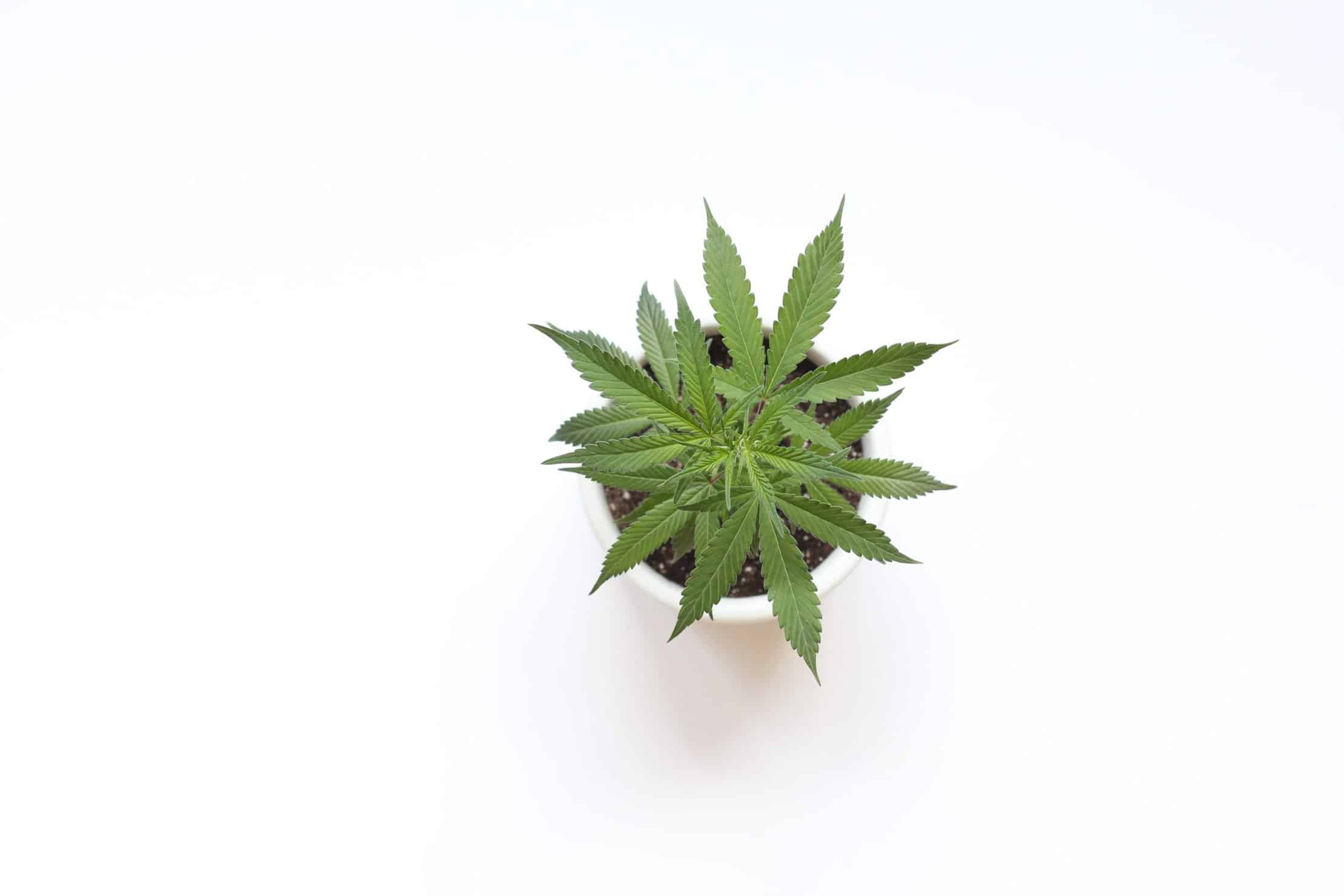




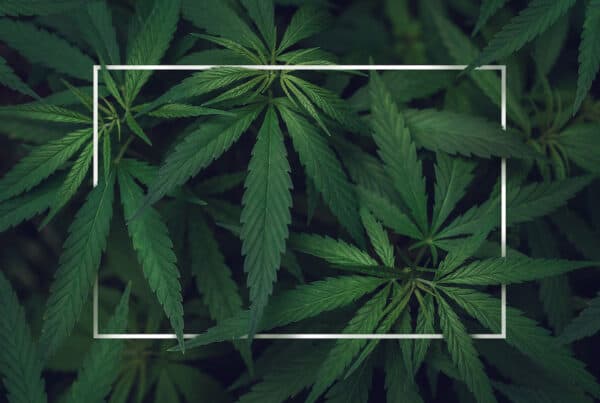
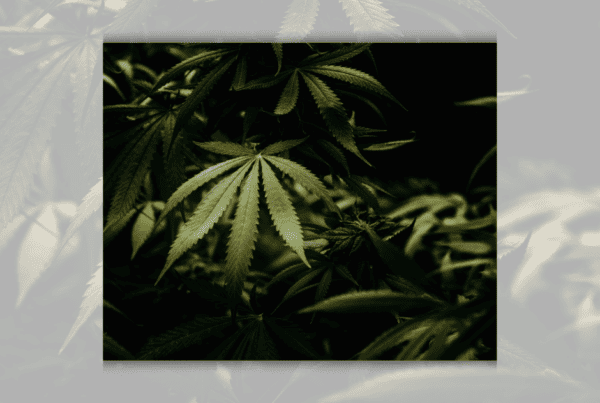
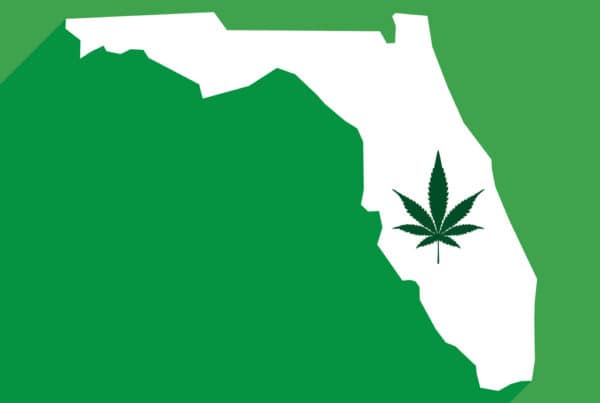
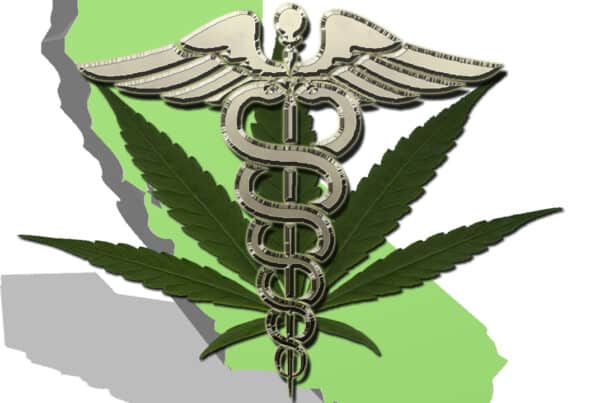

 Jeff was involved in an accident where he endured a traumatic brain injury. He had a week-long stay in ICU where brain surgeons
Jeff was involved in an accident where he endured a traumatic brain injury. He had a week-long stay in ICU where brain surgeons  100% risk free money back guarantee within 48 hours after purchase if student has not completed any of the courses or exams.
100% risk free money back guarantee within 48 hours after purchase if student has not completed any of the courses or exams.